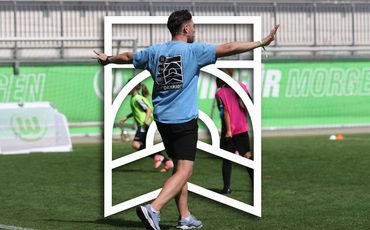
About ICOACHGIRLS
ICOACHGIRLS aims to promote and increase physical activity and sport amongst primary school age girls through the creation of “Girls Play Centres” in their local communities across six different countries (Ireland, Hungary, Germany, Lithuania, the Netherlands, and Special Olympics – country to be decided). The centres will be aimed at girls that have never taken part in organised sport or that have tried and dropped out.
Each centre will be staffed by two female head coaches to provide the girls with friendly, relatable role models. The head coaches will work with the girls to co-create a 10- session programme of activities which meets their social, psychological, and physical needs, gives them a sense of ownership, and allows them to build a positive relationship with sport and physical activity. After the 10 sessions, the girls will be signposted to a series of sport clubs and active leisure activities to support their continuous involvement.
ICOACHGIRLS will also aim to address the current lack of female coaches. Recent data shows that only 24% of coaches across the EU are female. Recent data also shows that the prevalence of maledominated cultures and environments is the most important deterrent to many women not wanting to coach or dropping out of coaching after their first attempts. ICOACHGIRLS will therefore develop a “Come into Coaching” programme for newly qualified or new-to-coaching teenage girls and women. This will allow them to gain basic coaching knowledge and skills and have an opportunity to apply them in the safe environment of the “Girls Play Centres” whilst mentored by the two female head coaches.
Overall, ICOACHGIRLS will set up a minimum of 35 “Girls Play” centres reaching a minimum of 1050 girls and supporting the development of 420 female coaches. On completion of the programme, it is expected that local authorities and national and international federations will use the template provided by ICOACHGIRLS to create additional “Girls Play Centres” and multiply the impact of the project.

Disclaimer
Funded by the European Union. Views and opinions expressed are however those of the author(s) only and do not necessarily reflect those of the European Union or the European Education and Culture Executive Agency (EACEA). Neither the European Union nor EACEA can be held responsible for them.
Comments
Related Pages


